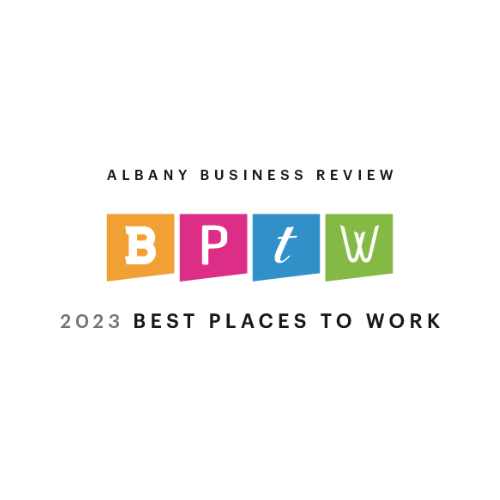Organizations worldwide lose an estimated 5 percent of their annual revenues to fraud, according to the Association of Certified Fraud Examiner’s (“ACFE”) 2020 Report to the Nations Global Study on Occupational Fraud and Abuse. A single instance of fraud can be devastating: the median loss per fraud case was $125,000, and more than 21% of the cases involved losses over $1 million. There are some basic steps your organization can take immediately to lessen your vulnerability to fraud:
- Be Proactive. Adopt a code of ethics for management and employees. Evaluate your internal controls for effectiveness and identify areas of the business that are vulnerable to fraud.
- Establish Hiring Procedures. When hiring staff, conduct thorough background investigations. Check educational, credit and employment history (as permitted by law), as well as references.
- Train Employees in Fraud Prevention. Do workers know the warning signs of fraud? Ensure that staff members know basic fraud prevention techniques.
- Implement a Fraud Hotline. Fraud is still most likely to be detected by a tip. Providing an anonymous reporting system for your employees, contractors and clients will help uncover more fraud.
- Increase the Perception of Detection. Communicate regularly to staff about anti-fraud policies, ways to report suspicions of misconduct, and the potential consequences (including termination and prosecution) of fraudulent behavior.
Implementing these tips could help prevent your organization from becoming a statistic. Take action today.
The source of information for this article is the Association of Certified Fraud Examiners (ACFE) 2020 Report to the Nations on Occupational Fraud and Abuse
About the Author:
Michelle Muir is a Senior Manager with BST & Co, CPAs in the Valuation, Forensic Accounting & Litigation practice. She helps clients with their fraud and forensic accounting needs, with a particular focus on corruption, asset misappropriation, embezzlement, financial statement fraud, white-collar crime, and accountants’ liability. She also helps clients proactively manage the risk of fraud and misconduct through fraud risk assessments and review of anti-fraud controls. Michelle has over 20 years of experience investigating fraud. Her background includes forensic accounting and audit work at one of the “Big Four” accounting firms as well as in-house forensic accounting work at NYC and Capital Region law firms. Along with her Certified Public Accountant designation, she is also Certified in Financial Forensics and is a Chartered Accountant.
If you have any questions or need assistance with any fraud-related matters, contact Michelle at BST.

